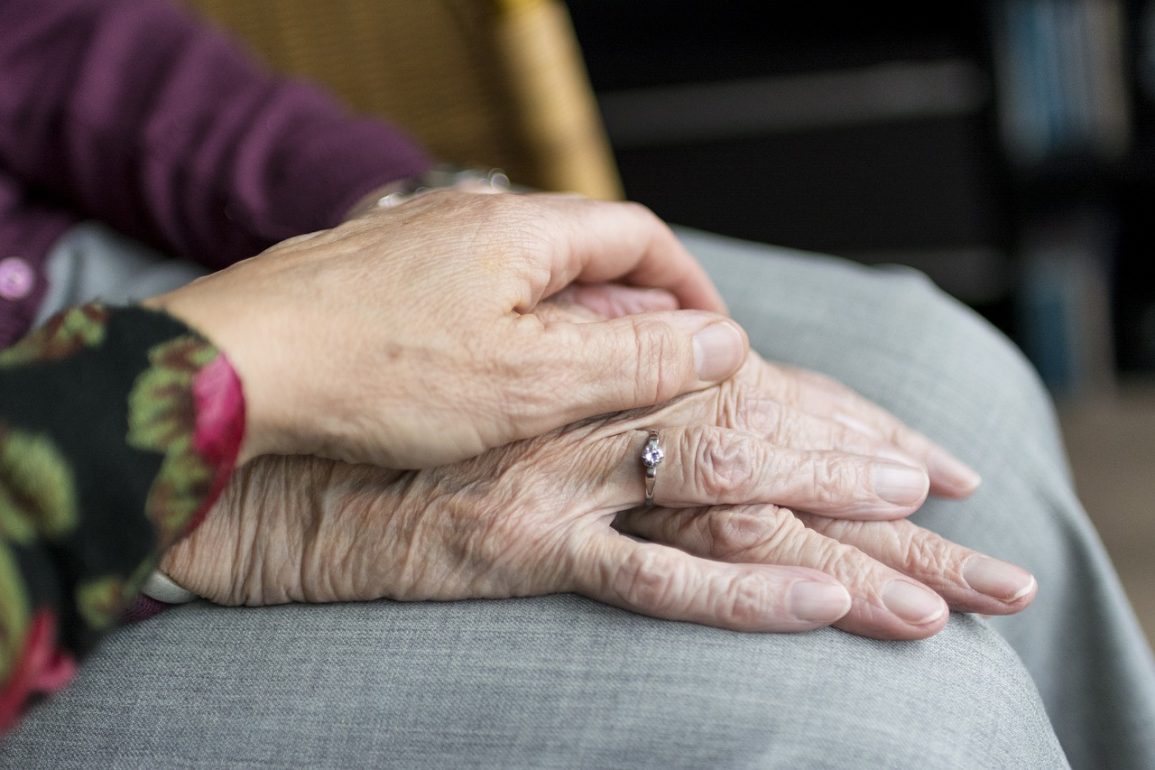Are we born with compassion? – I was offered an interesting book recently to review and it was one that opened my mind to some serious questions. I have always regarded myself as a compassionate person, but what does this mean? Are we born with compassion, or can it be taught?

The Art and Science of Compassion, A Primer offers a succinct, all-in-one introduction to the full gamut of compassion, from the evolutional, biological, behavioural, and psychological, to the social, philosophical, and spiritual.
Drawing on her diverse background as a clinician, scientist, educator, and chaplain, Dr. Agnes Wong presents a wealth of scientific evidence supporting that compassion is both innate and trainable. By interleaving personal experiences and reflections, she shares her insights on what it takes to cultivate compassion to support the art of medicine and caregiving.
Let’s look at the meaning of compassion.
Compassion motivates people to go out of their way to relieve the physical, mental, or emotional pains of others and themselves. It is often regarded as being sensitive to the emotional aspects of the suffering of others, literally meaning “to suffer together.”
People who are kind and compassionate are generally more satisfied with their lives, have better physical and mental health, and have stronger relationships.
Being kind and compassionate can help other people, as well as make you feel good too.
Acts of kindness and compassion can increase well-being and help other people’s recovery. It can also help them overcome loneliness and isolation, build healthy relationships, and improve their self-esteem.
There are many ways to be kind and compassionate to someone who needs help. These can include:
- being sensitive and sympathetic.
- creating a positive outlook and instilling hope.
- recognising and validating positive changes.
- helping them solve problems.
- helping to reduce stress.
- helping with practical things, like medicines and appointments.
What are the benefits of kindness and compassion?
Small acts of kindness can have enormous power for both the person being kind and the recipient, whether that’s a stranger or someone in the same family.
You may also find that the happiness people get from giving to others creates a ‘positive feedback loop’. The more you give, the more positive you feel. This, in turn, fuels greater happiness.
Advance Praise for the book, The Art and Science of Compassion, A Primer
“Well-written, deeply personal, and scientifically grounded, this book provides strong physiological, psychological, and ethical reasons why cultivating compassion is essential―and provides a thoughtful roadmap for promoting compassion in healthcare and in all of life.”
– Ron Epstein, MD, author of Attending: Medicine, Mindfulness, and Humanity
“Compassion and empathy are traits that make us human, and as Dr. Wong shows, these qualities can be developed, encouraged, and cultivated. In our struggling world, we need this awareness as never before. The future of our species likely depends on it. This book is an example of how science and spirituality can come together in a brilliant synthesis.”
– Larry Dossey, MD, author of One Mind: How Our Individual Mind Is Part of a Greater Consciousness and Why It Matters
Poppy Watt


